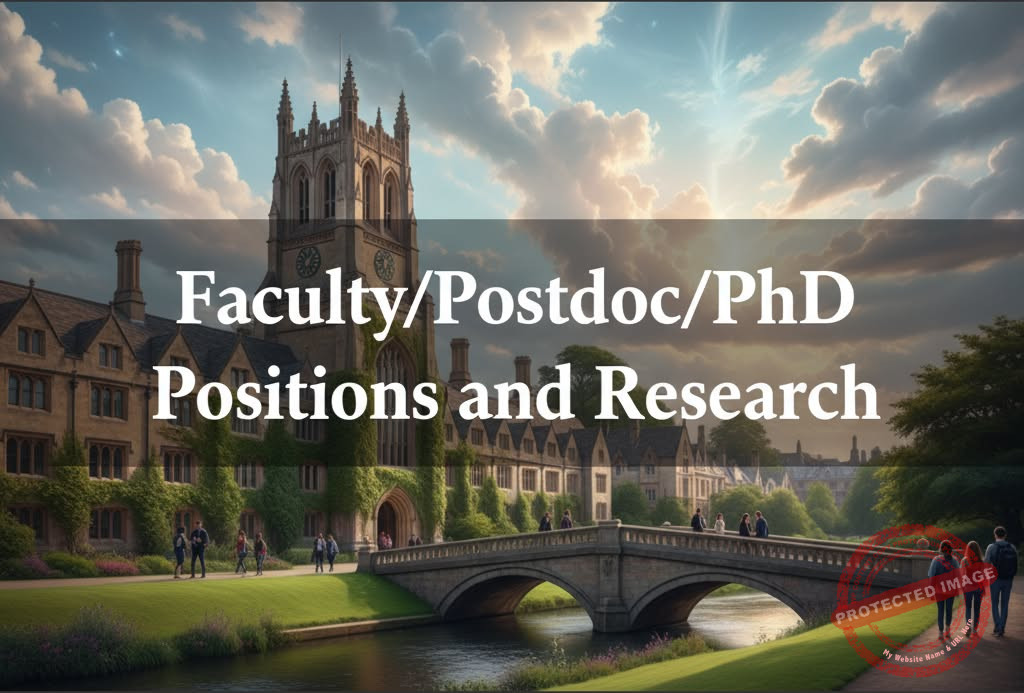[Introduction to the project team supervisor]
Han Dan, professor of the School of Materials Science and Engineering, Jilin University, winner of the National Youth Talent Program (2023) and a key member of the AI-aided Design and Synthesis of Optoelectronic Semiconductors (ADSOS) Laboratory led by Dean Zhang Lijun of Jilin University. He received his Ph.D. from East China Normal University in 2019. After graduating from the doctorate, he worked as a postdoctoral researcher at the University of Munich in Munich and the University of Birmingham in Germany, with postdoctoral co-supervisors Hubert Ebert and David O. Scanlon. He has published 36 journal papers on theoretical design of new optoelectronic semiconductors, thermoelectric materials and experimental synthesis, with an h-index of 18 and more than 1,600 citations. Among them, he has published 15 papers as the first author or corresponding author (including co-author) in journals such as Nat. Energy, J. Am. Chem. Soc., PR series, Matter, Adv. Funct. Mater. He also serves as a young editorial board member of Information & Functional Materials and guest editor of the special issue of Frontiers in Chemistry.
[Introduction to the team PI]
Zhang Lijun is a distinguished professor of “Tang Aoqing Scholar” and dean of the School of Materials Science and Engineering at Jilin University. He was selected as a candidate for the National Overseas High-level Young Talent Introduction Program (2014), a National Natural Science Foundation of China Excellent Young Scholar (2017) and Excellent Young Scholar (2021), the project leader of the National Key R&D Program of the Ministry of Science and Technology (2022), and a Clarivate Analytics Global Highly Cited Scientist (2022-2023). Based on the idea of combining high-throughput material calculations with artificial intelligence machine learning algorithms, he developed new material design methods and software JAMIP ( http://www.jamip-code.com) with independent intellectual property rights and open source code ; focusing on semiconductor optoelectronic information functional materials, he carried out research on new material design and optoelectronic performance regulation, and many new materials and new performance regulation strategies designed theoretically were experimentally confirmed. Since returning to China in 2014, he has published more than 100 papers as the first/corresponding author in journals such as Science, Nat. Rev. Mater., Nat. Photonics, Nat. Energy, Nat. Commun., PRL, JACS, AM, etc., and has been approved for 4 software copyrights. His papers have been cited 21,240 times, with an H-index of 66. He won the “Computational Materials Science Youth Award” of the Chinese Materials Research Society and the Jilin Province Youth Science and Technology Award-Special Award. He is currently the deputy editor-in-chief of the journal “Computational Materials Science”.
The research group has sufficient computers, brand-new laboratories, offices and complete experimental equipment; the research group has sufficient research funds to provide excellent master’s and doctoral students with opportunities to participate in academic conferences during their postgraduate studies. For outstanding graduate students, they can be recommended to other institutions (domestic or overseas) for further study.
[Enrollment Direction]
The current main research direction of the research group is the theoretical design, experimental synthesis and device preparation of new solid-state optoelectronic semiconductors and thermoelectric materials, involving perovskites, antiperovskites and two-dimensional metal sulfides. The research group is planning to recruit 2 doctoral students in 2025. The specific requirements are as follows:
Enrollment Direction 1: First Principles Calculation Direction (1 person)
1. A master’s degree student with a background in physics, semiconductor foundation, energy or organic synthesis, who has obtained a master’s degree or can graduate on time in June 25.
2. Have good English listening, speaking, reading and writing skills, and at least pass the College English Test Band 4.
3. At least one first-author SCI paper should have been published during the school’s doctoral qualification examination.
4. At least one of the following computing software (VASP, Quantum Espresso, FHI-aims, etc.) has been used, and has a basic understanding of density functional theory. Those with some defect computing experience and machine learning experience are preferred.
Enrollment Direction 2: Perovskite Solar Cells (1 person)
1. A master’s degree student with a background in physics, semiconductor foundation, energy or familiar with organic synthesis, who has obtained a master’s degree or can graduate on time in June 25.
2. Have good English listening, speaking, reading and writing skills, and at least pass the College English Test Band 4.
3. At least one first-author SCI paper should have been published during the doctoral qualification examination.
4. Proficient in the preparation and characterization of perovskite solar cells.
[Application method]
Please send your resume to Professor Han’s email: hand@jlu.edu.cn with “Study (graduation) unit-name-study (graduation) major-doctoral application” as the email subject and file name . If you are interested in applying for a postdoctoral position, please refer to the application requirements and benefits of Jilin University Dingxin Postdoctoral Fellows.
Jilin University School of Materials Science and Engineering Professor Han Dan is recruiting PhD and postdoctoral students – Energy Materials Computation and Device Parts Direction
Local Weather
Web Hits
Visitor Count
In-Service

Latest Posts
Related articles




 Serving
Serving